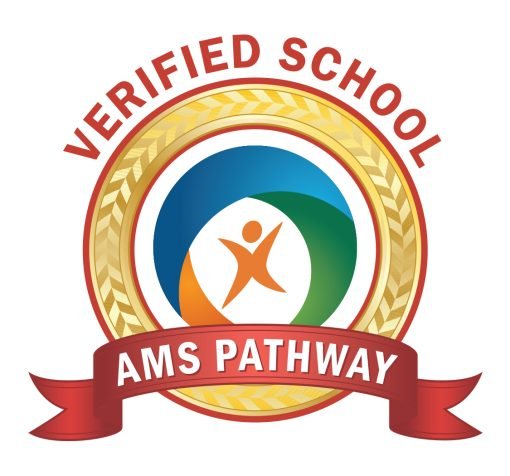When we think of Montessori education, our minds often picture classrooms filled with beautifully arranged wooden materials, natural elements and purposeful spaces. While these materials are a fundamental part of the method, they are just one piece of the puzzle. At the heart of Montessori lies the role of the educator, called the Guide. The role of the Montessori Guide plays a crucial part in shaping each child’s unique learning experience.
The Montessori Guide: More than just a Teacher
In contrast to traditional teaching methods, Montessori Guides do not act as front-and-center instructors. Instead, the role of the Montessori Guide is serving as a facilitator and keen observer of each child’s learning process. Their job is not to dictate the curriculum but to support, guide, and nurture individual growth. The Montessori approach emphasizes that every child is different, and learning should be personalized to fit their needs, interests, and developmental stages.
This subtle yet powerful shift means that Guides don’t use rewards or punishments to manage behavior. Instead, they encourage self-reflection and growth through hands-on experience. Through this, children recognize that the learning process itself is the ultimate reward.
Curating a Learning Environment
One of the key responsibilities of a Montessori Guide is to carefully curate the learning environment. This goes beyond setting up materials— it’s about creating a space that sparks curiosity, encourages independence, and fosters self-discipline. The environment is carefully designed with materials that align with each child’s developmental need. This provides opportunities for hands-on learning and exploration that help build real-world skills.
In addition to setting up the environment, Guides introduce the child to classroom rules and expectations. This ensures a balance between freedom and responsibility. The learning space is regularly refreshed and adjusted based on observations of the children’s progress and interests, ensuring that it remains engaging and relevant to each child’s evolving needs.
The Power of Observation
Central to the Montessori approach is the art of observation. A Montessori Guide spends a significant amount of time quietly observing each child, identifying their strengths, challenges, and passions. This continuous observation informs the Guide’s understanding of where each child is in their developmental journey, allowing them to personalize their approach and provide targeted support.
This individualized attention ensures that every child is both challenged and supported, moving at a pace that is right for them.
Fostering Independence and a Love for Learning
The hallmark of a Montessori Guide is their ability to step back and allow children to take charge of their own learning. Rather than imposing instructions at every turn, they create opportunities for children to explore and discover on their own, stepping in only when necessary.
This approach fosters autonomy, self-confidence, and a love for learning. Children in a Montessori classroom become the architects of their own education, developing problem-solving skills, critical thinking, and resilience. These skills stay with them long after they leave the classroom, cultivating a lifelong passion for learning.
Beyond the Materials: The Commitment of the Guide
Montessori education is much more than the use of wooden materials and aesthetically pleasing classrooms. It’s success depends on the dedication, skill, and attentiveness of the Guide, who plays a vital role in nurturing each child’s potential. By creating an environment that respects the child’s natural development and encourages exploration, the role of the Montessori Guide lays the foundation for a lifelong love of learning.
Ultimately, Montessori education is not just about the materials or the space. It is about the deep, consistent care and understanding that Guides offer as they help children on their journey toward self-discovery and personal growth.
ABOUT MONTESSORI HOUSE FOR CHILDREN & ELEMENTARY SCHOOL
Montessori House, a family-owned and operated school since 2006, provides a continuum of Montessori education for ages 16 months through 6th grade. As an AMS Verified School committed to continuous improvement, our focus on Montessori authenticity cultivates joyful, self-motivated, and confident learners. We’re not just educating; we’re shaping future leaders. Our approach fosters curiosity, independence, and self-motivated learning, valuing the whole child—emotionally, socially, ethically, and academically. Students thrive in an environment that recognizes unique talents, providing opportunities for them to achieve their highest potential. Ideal students come from families who value holistic education, embrace cultural diversity, and have a natural enjoyment of learning and self-motivation.




